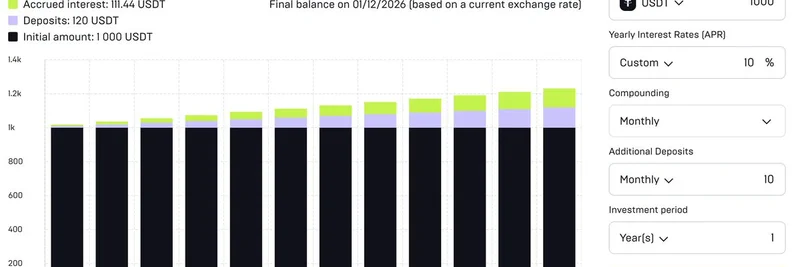In the ever-evolving landscape of blockchain technology, Solana continues to push boundaries with innovative proposals. One such proposal, highlighted by tiago.oak (@qtmoses), is sRFC 37, which aims to introduce permissioned tokens without the need for transfer hooks. This development could significantly impact the efficiency and security of token management on the Solana network.
Understanding the Proposal
sRFC 37, or the "Efficient Block/Allow List Token Standard," suggests a novel approach to managing permissioned tokens. Traditionally, transfer hooks have been used to enforce rules on token transfers, but they come with certain drawbacks, including additional complexity and potential performance issues. The new proposal leverages the Default Account State extension to achieve similar functionality without these downsides.
As tiago.oak explains, "By using the Default Account State extension and standardizing new mechanisms to permissionlessly thaw Token Accounts, we can fulfill most of institutional needs regarding allow / block lists without all the baggage that transfer-hook brings to the table." This means that institutions can maintain control over token transfers without the overhead of transfer hooks, potentially leading to faster and more secure transactions.
Implications for the Blockchain Community
The introduction of permissioned tokens without transfer hooks could have several implications for the blockchain community, particularly those involved in decentralized finance (DeFi) and meme token ecosystems. Here are a few key points to consider:
Enhanced Efficiency
Without the need for transfer hooks, transactions on the Solana network could become more efficient. This is crucial for high-frequency trading and other applications that require rapid transaction processing.
Improved Security
By standardizing the thawing of Token Accounts, sRFC 37 aims to enhance the security of token management. This could reduce the risk of unauthorized transfers and improve overall trust in the system.
Broader Adoption
For institutions hesitant to adopt blockchain technology due to concerns about control and security, this proposal could be a game-changer. It offers a middle ground between the flexibility of public blockchains and the control of permissioned systems.
The Role of Meme Tokens
At Meme Insider, we are particularly interested in how this development could impact meme tokens. Meme tokens, often characterized by their viral nature and community-driven value, could benefit from the increased efficiency and security offered by sRFC 37. For instance, projects like Dogelon Mars or Shiba Inu could see improved transaction speeds and reduced risks, making them more attractive to investors.
Moreover, the ability to manage permissioned tokens without transfer hooks could open up new possibilities for meme token creators. They could implement more sophisticated access controls and reward mechanisms without the technical overhead, potentially leading to more innovative and engaging projects.
Conclusion
sRFC 37 represents a significant step forward in the evolution of Solana's token standards. By proposing permissioned tokens without transfer hooks, it addresses key challenges in efficiency and security, paving the way for broader adoption and innovation. For the meme token community and beyond, this could be a transformative development, offering new tools to enhance project viability and user experience.
As we continue to monitor this space, Meme Insider remains committed to providing the latest insights and analyses. Stay tuned for more updates on how sRFC 37 and other technological advancements shape the future of blockchain and meme tokens.
Note: The image used in this article is a visual representation of the sRFC 37 proposal, sourced from the original tweet by tiago.oak.


